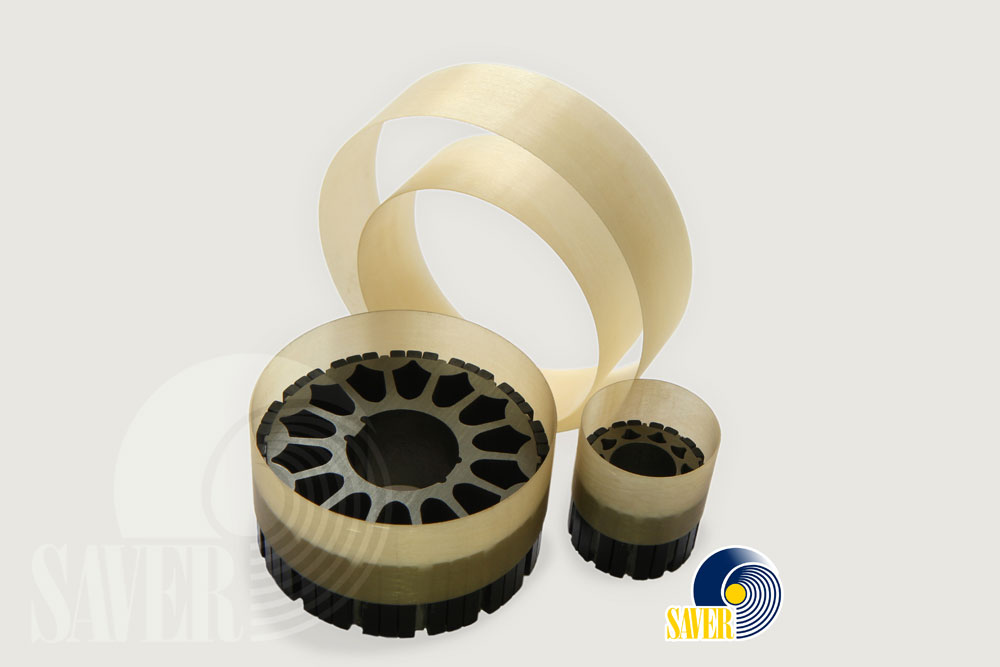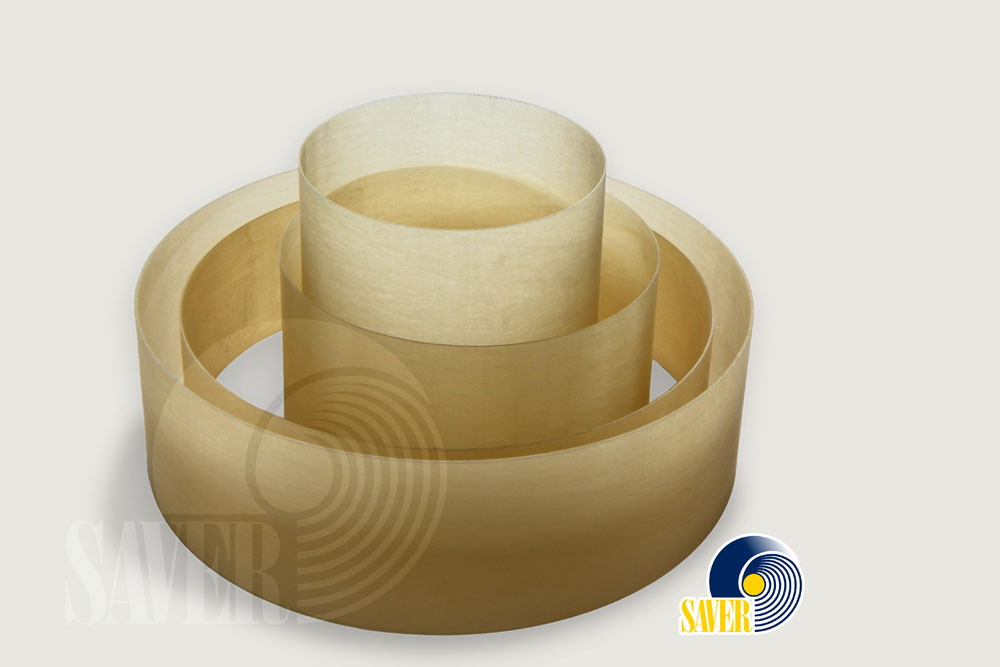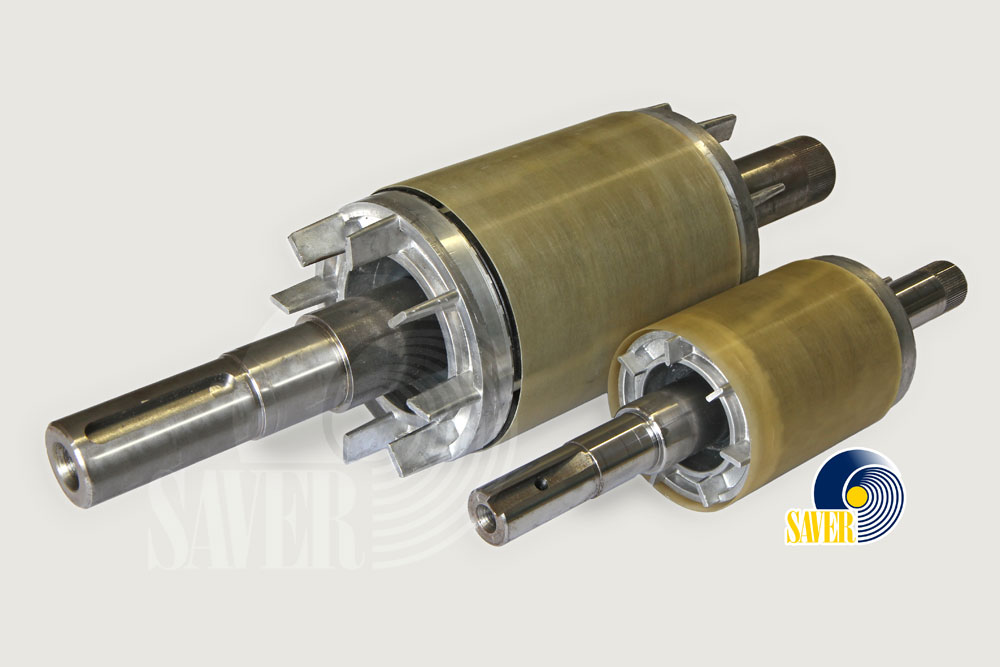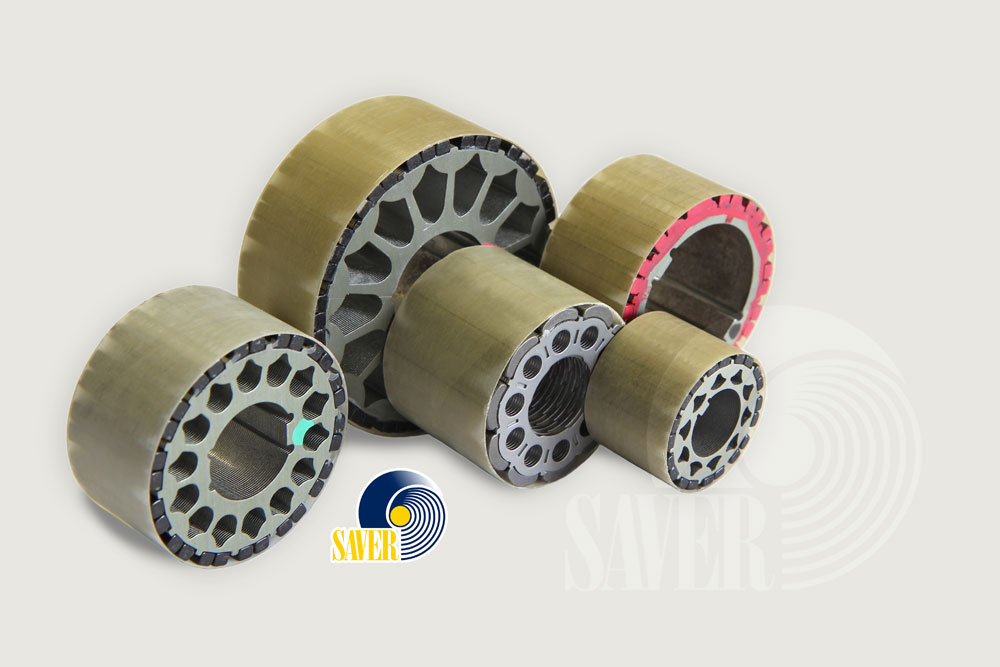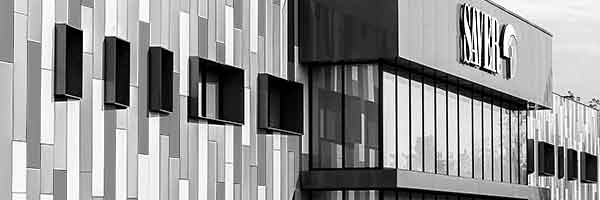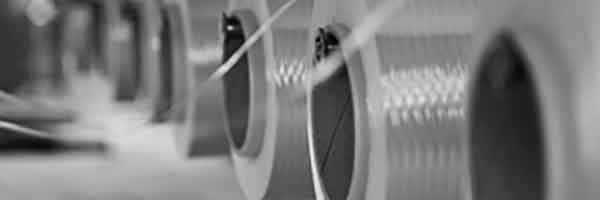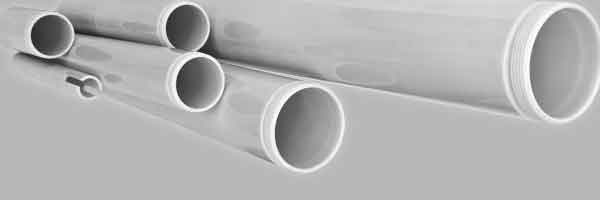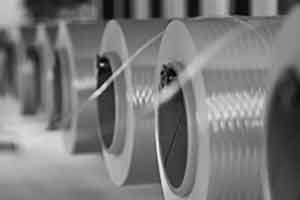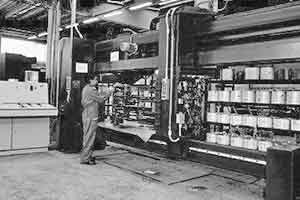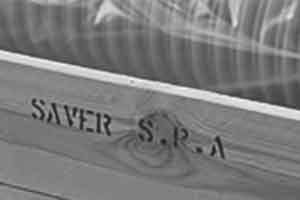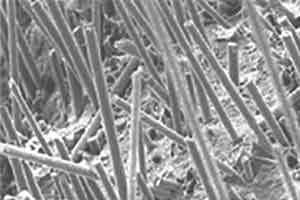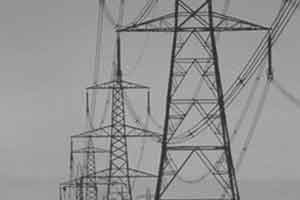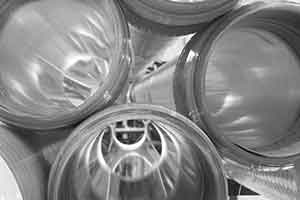BANDAGING FOR SYNCHRONOUS SERVO MOTORS WET FILAMENT WINDING
SAVER S.p.A.has developed thin-walled tubes out of high temperature resisting epoxy-resin with reinforcement by endless glass roving (WT 2000).
The rotors of synchronous servo motors are equipped with magnets for a permanent excitation.
They need an outer bandaging that gives protection against loosening and displacement of the
single magnets in service due to vibrations and centrifugal force, as well as damages during
assembly (insertion of the rotor into the stator).
Servo motors are often used in industrial equipment such as machine tools, handling and
assembly robots, packing machines, paper and printing machines, plastic machinery, textile
machines and industrial automation.
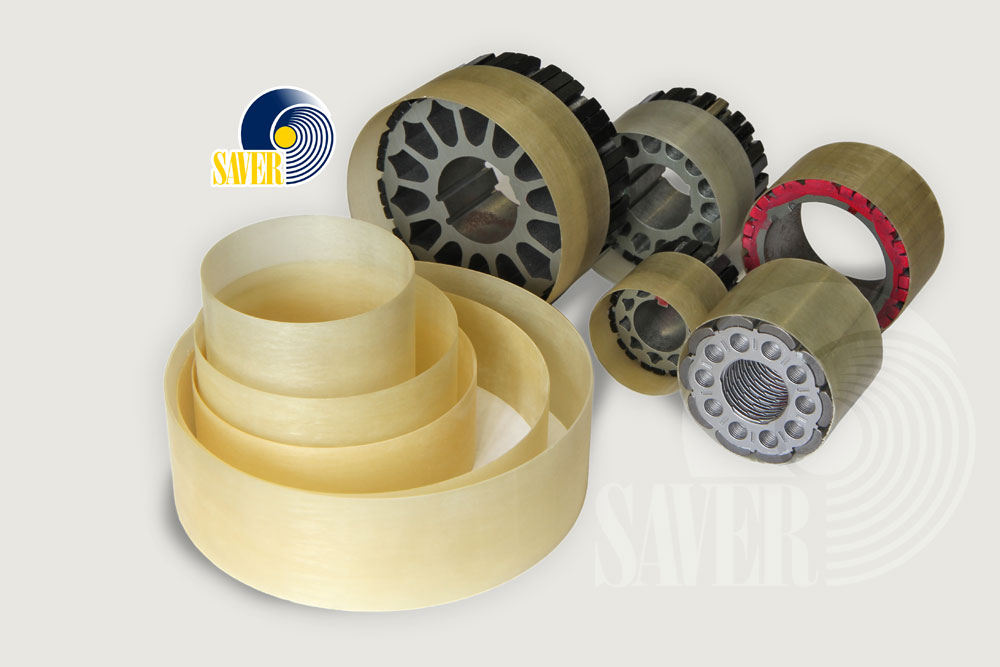
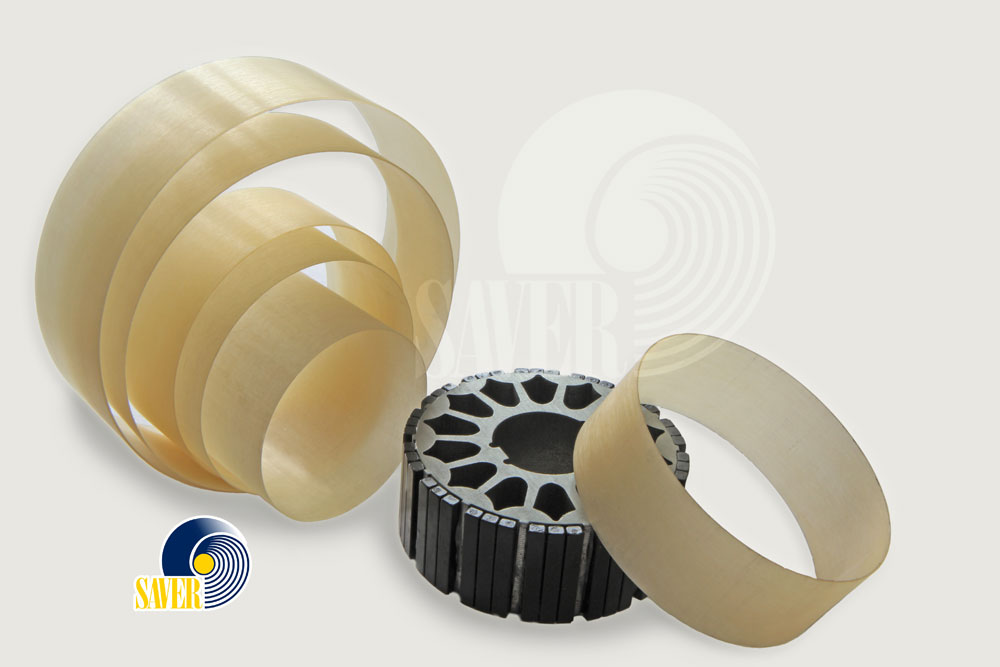
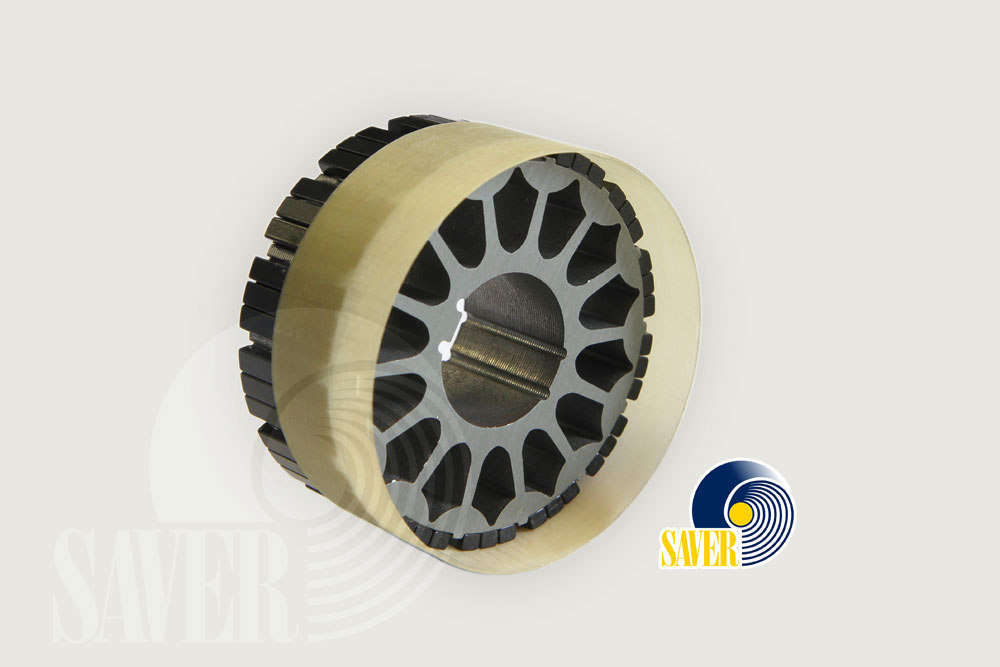
- Material Composition
- Composite material consisting of epoxy-resin and glass roving.
- Form of Delivery
- Glassfibre reinforced epoxy tubes and sections, filament wound
- Your Advantages
- Excellent mechanical protection of the brittle magnets during assembly
- Flexible sleeving of the rotor compensating shape deviations
- High performance safety armouring in service
- Very low wall thickness (0.3 mm) maintaining the motor’s effectiveness
- Low specific weight granting minimal impact on mass moment of inertia
- Cost reduction due to reduced number of process steps:
- no handling of liquid resin
- no winding
- no time consuming curing operation
ENGINEERING DATA
-
Material PropertiesUnitsValue
-
Densityg/cm³< 2,1
-
Tensile strength, circumferentialMPa>500
-
Compressive strength, axialMPa>180
-
Water absorption%< 0,1
-
Glass transition temperature°C> 190
